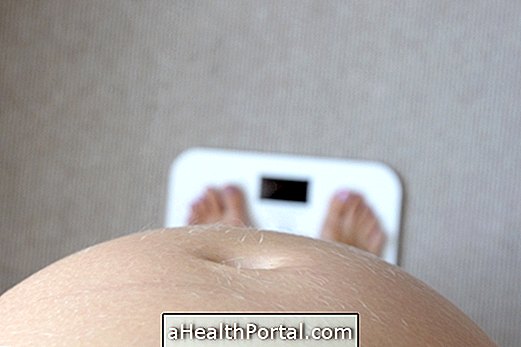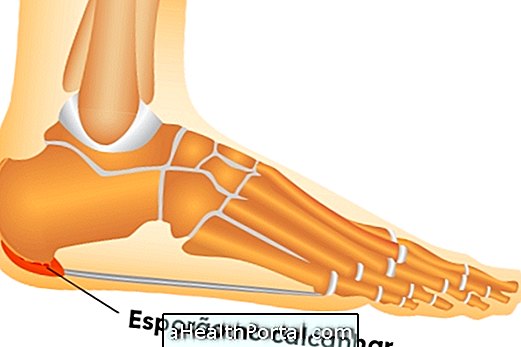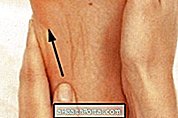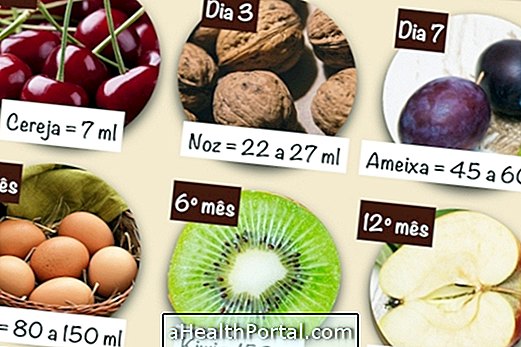At 38 weeks gestation, which is 9 months pregnant, it is common for tummy to be hard and there are severe cramps, which are contractions that may still be those of training or are already contractions of labor. The difference between them is how often they appear. More details about contractions in: How to identify contractions.
The baby can be born at any time, but if it is not yet born you can take advantage of it to relax and rest to ensure you have enough energy to take care of the newborn. Here are some tips on how to relax after giving birth.
Baby Development
The development of the baby at 38 weeks of gestation is complete, so if the baby is not yet born, it will probably only gain weight. The fat builds up under the skin, and if the placenta is healthy, the baby keeps growing.
The fat is also being stored in the cheeks and this makes the baby more plump.
The appearance is that of a newborn baby, but it has a greasy white lacquer that covers the whole body.
As the space in the uterus recedes, the baby begins to get less space to move around. You should still feel the baby tinkering at least 10 times a day. If this does not happen, tell the doctor.
Size of the fetus at 38 weeks' gestation
The size of the fetus at 38 weeks gestation is approximately 49 cm and it weighs about 3 kg.
Pictures of the fetus at 38 weeks' gestation


Changes in woman
Changes in the woman at 38 weeks' gestation include tiredness, swelling of the legs and weight gain. At this stage it is normal for the belly to become hard and there is a strong colic sensation. In this case, what should be done is to observe how long this colic lasts and if it respects a certain rhythm. The contractions are likely to become more and more frequent, and closer and closer to each other.
When contractions occur in a certain pattern of time, every 40 minutes or every 30 minutes, it is recommended to contact the doctor and go to the hospital as the baby's time is born.
If you have not felt any contractions yet, you should not worry, the baby can wait until 40 weeks to be born, without any problem.
The mother's belly may be lower because the baby may fit into the bones of the pelvis, which usually occurs 15 days before delivery.
Your pregnancy by quarter
To make your life easier and you do not waste time looking, we separate all the information you need for each trimester of gestation. What quarter are you in?
- 1st Quarter (1st to 13th week)
- 2nd Quarter (14th to 27th week)
- 3rd Quarter (from the 28th to the 41st week)
























